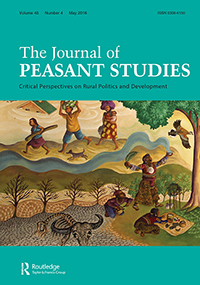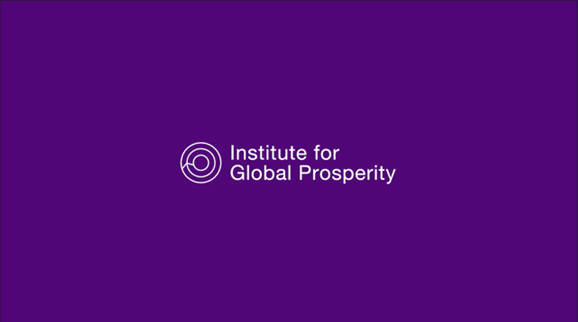
Published: Wednesday 11 April, 2018
Understanding the evolution and tenacity of particular ways of envisaging economic growth and development for Africa requires a form of analytical history that examines how conceptual structures function over the longue durée. Such an approach is more than simply empirical analysis through time or a set of abstractions based on the self-understandings of historical agents. It involves the development of a hypothetical analytic structure which through its own forms of transformation eventually comes to play a role in shaping the lived world of participants, including researchers, policymakers and ordinary citizens. This article uses research from Kenya and Zambia to demonstrate how a long-running – but temporally and spatially variable – focus on agricultural productivity has shaped the character of rural life in Africa, and why it has consistently failed to deliver enlarged forms of prosperity based on quality of life and ecological well-being.


